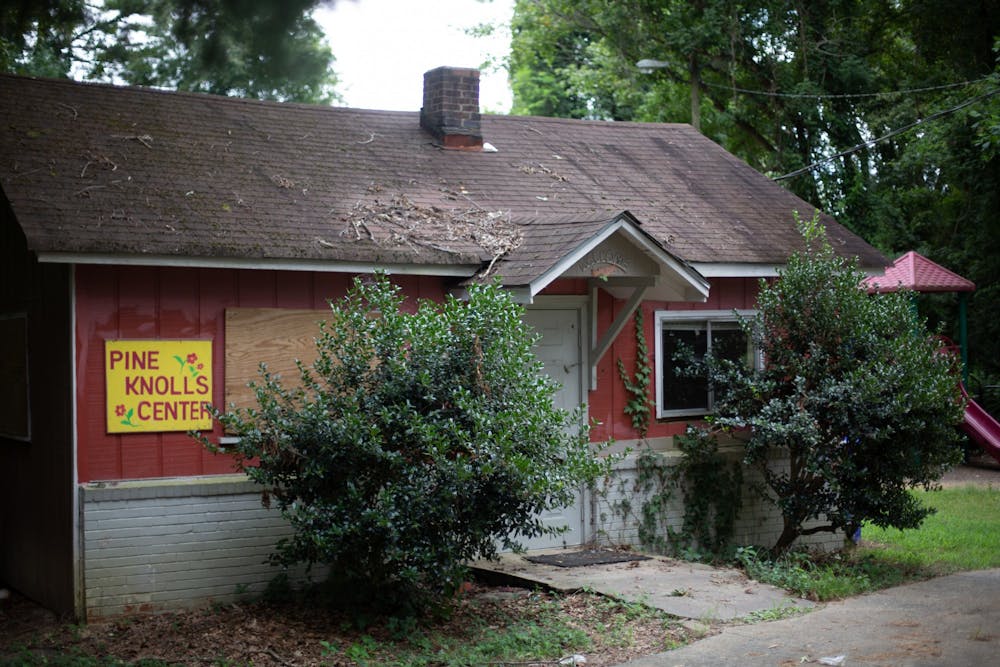Several low-income households struggling to afford rent during the pandemic are facing the threat of eviction as legal protections expire and governmental financial cushions run out.
Between 2000 and 2011, the median income in Orange County increased three times more than the population during that same time, indicating that a higher percentage of high-income people had moved into the area. This is according to a comparison between a 2000 census and 2007-2011 American Community Survey.
As a result, new housing construction in Orange County has "responded predominantly to a higher income market," causing rent prices to grow and affordable housing units to decline, according to the Orange County Affordable Housing Strategic Plan for 2016-2020.
When the pandemic hit, the already high need for affordable housing in Orange County flew through the roof as people lost their jobs, said Penny Rich, chairperson of the Orange County Board of Commissioners. These job losses disproportionately affected workers in the retail and food industries, she said.
The average annual salary was $26,930 for a retail sales employee and $20,810 for a food prep employee in Orange County in 2019, according to the North Carolina Housing Coalition. In comparison, the annual income needed to afford a two-bedroom apartment in Orange County is $39,600, according to the data.
Delores Bailey, executive director of EmPOWERment Inc., said a part-time job for some families could mean the difference between that family being able to pay rent and utilities and getting evicted.
“For people living in rental units who were just making it and needed that paycheck every week, now it’s stopped and they don’t know what to do,” Bailey said.
Rich said there was a brief period of breathing room for tenants beginning in April when N.C. Supreme Court Chief Justice Cheri Beasley temporarily postponed eviction proceedings and utility shut-offs in the state until June 1. On May 30, Gov. Roy Cooper extended this moratorium on evictions for three weeks and utility shut-offs for 60 days.
However, the eviction and utility shutoff moratorium expired in late summer, so Rich said many landlords are beginning to file for eviction in court.



